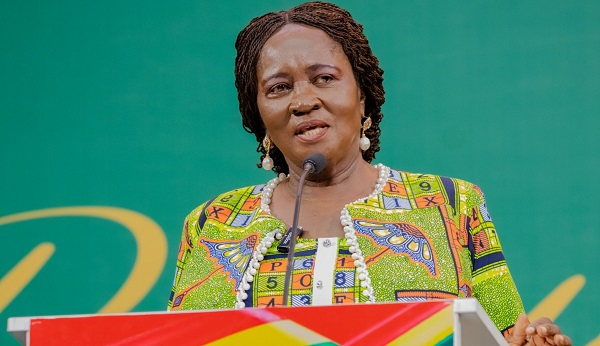Illinois has 8,923 local governments — more than any other state. Texas, which has more than double Illinois’ 12.7 million residents and nearly five times Illinois’ land mass, is next-highest, with 5,433 government units — about two-thirds as many as Illinois’.
Our state’s extraordinary number of local governments contributes to increased costs, overlapping jurisdictions, duplication of effort, a lack of transparency and accountability and, often, outright corruption. Other states manage to deliver services effectively without this bureaucratic sprawl, and Illinois should do the same. With so many governments providing a smorgasbord of services, it is difficult to understand which governmental unit provides which service, how they operate and how well they perform.

Because many local governments and their operations are so obscure, there are abundant opportunities for unethical behavior and corruption. The Cook County Office of Inspector General has documented unethical hiring practices and conflicts of interest by board trustees at the South Cook County Mosquito Abatement District. Recent media reports have uncovered fraud, embezzlement and graft totaling millions of dollars at several Illinois special districts.
A prime example of unnecessary local government is the four Cook County mosquito abatement districts. The Civic Federation recently released the first-ever comprehensive examination of the governance, finance and transparency of these governmental units . In 2022, the districts collected nearly $11 million in revenue, mostly from property taxes.
Yet they varied widely in the transparency of publicly available information. Most strikingly, there was a distinct disparity in the amount of service provided between the south Cook County district, which covers the city of Chicago south of 87th Street and 53 other communities, and the other three districts, raising concerns about the equitable application of environmental policies in Cook County. Dissolving the Cook County mosquito abatement districts could easily be done by incorporating their functions into Cook County government, which already offers some vector control services.
To be clear, mosquito abatement is a vital public health service, as are many of the other services offered by Illinois’ thousands of government bodies. However, there is simply no compelling reason to maintain separate taxing bodies for services that larger governments could deliver more efficiently, equitably and transparently. Gov.
JB Pritzker acknowledged as much in his recent budget address , calling for streamlining local government by simplifying the process to eliminate or consolidate townships. The Better Government Association has been promoting “ smart streamlining ” for more than a decade, backing a 2014 state consolidation measure . Similarly, the Civic Committee of the Commercial Club has long highlighted that Illinois’ thousands of local governments not only shield officials from public pressure to deliver services in the most effective and efficient manner but also lead to inefficiencies that have been blamed for Illinois’ local tax rates, which are some of the highest in the nation.
In short, dissolving small, anachronistic, single-purpose local governments and incorporating their functions into municipal or county governments can reduce spending and improve efficiency by eliminating redundant management positions, tapping into the pooled resources a larger jurisdiction possesses and accessing economies of scale for purchasing. Most importantly, consolidating local governments can substantially improve transparency and accountability to residents. To his credit, Pritzker has focused on this issue almost since the beginning of his time in office.
He signed a law in 2019 that allows citizens to petition for the dissolution of their local governments and another that enabled the dissolution of drainage districts in the state. In his fiscal year 2026 state budget proposal, Pritzker included initiatives to make it easier to dissolve and consolidate townships. However, those bills have stalled in committee.
Moving these initiatives forward will require strong leadership from the governor and legislators. Editorial: Illinois has too many townships. Pritzker-backed bills to prune them should get action.
The Civic Federation and Better Government Association urge the state of Illinois to approve these bills. Doing so would make it easier to dissolve hundreds of unnecessary government entities — including the Cook County mosquito abatement districts — and incorporate their functions into larger governments. During this period of uncertain and shifting federal funding, when local governments are looking to tighten their belts and local taxes continue to rise, now is the time for action.
Illinois residents deserve a more efficient and effective governmental system than the current chaotic mix of unaccountable jurisdictions. Joe Ferguson is president of the Civic Federation of Chicago. David Greising is president of the Better Government Association.
Submit a letter, of no more than 400 words, to the editor here or email [email protected] ..
Politics

Joe Ferguson and David Greising: It’s time to slash the number of Illinois local governments

A prime example of unnecessary local government in Illinois is the four Cook County mosquito abatement districts.















